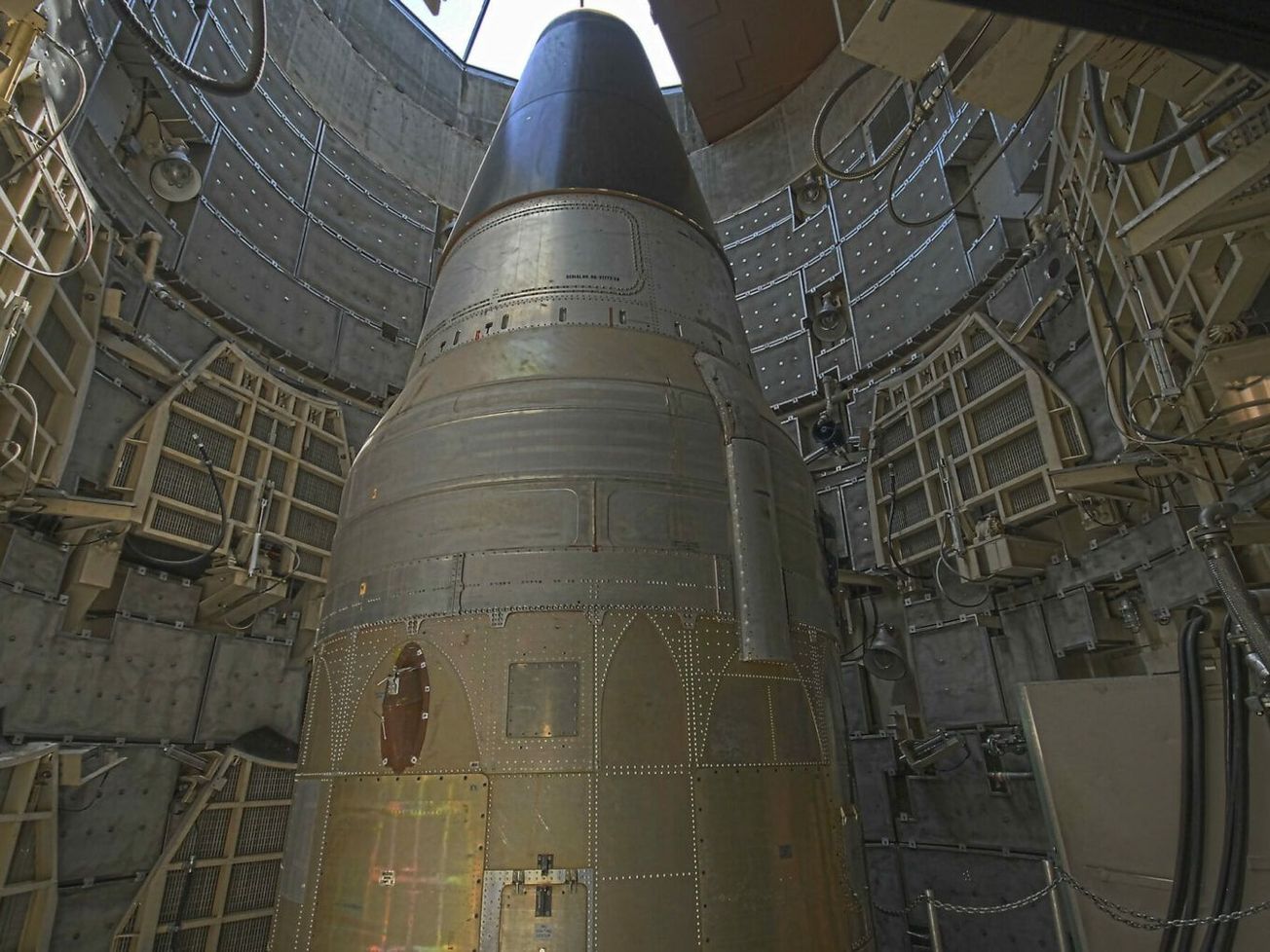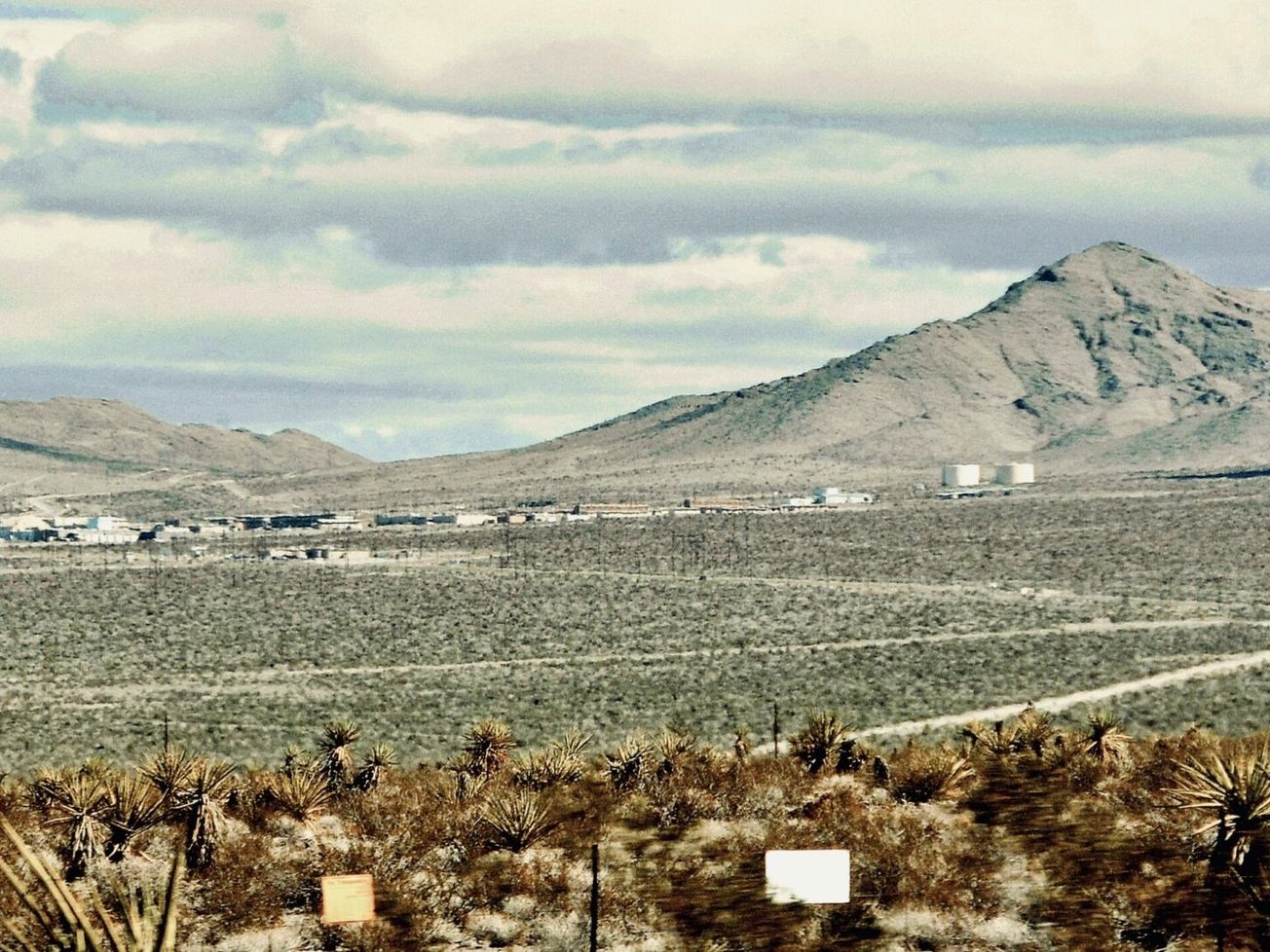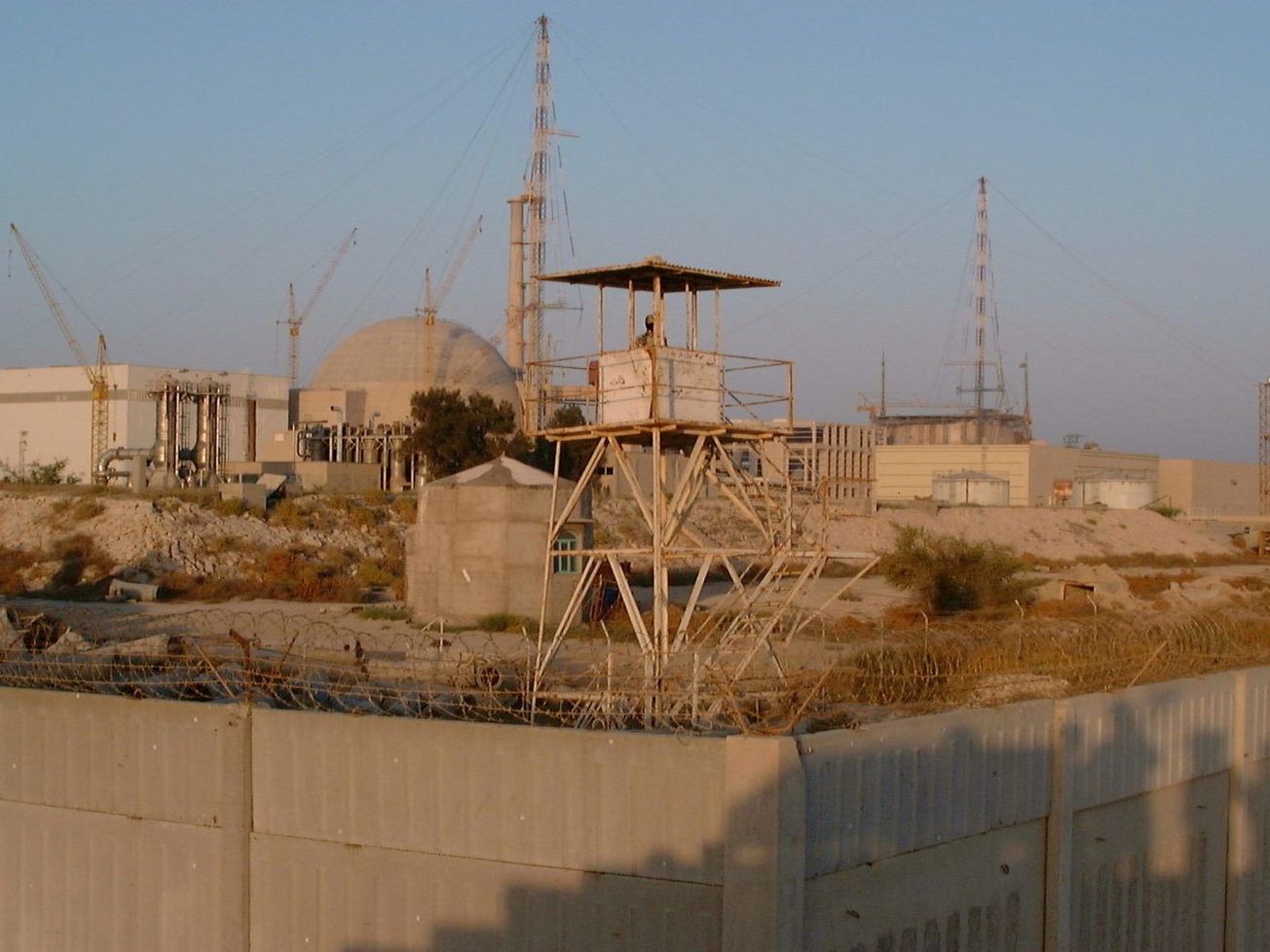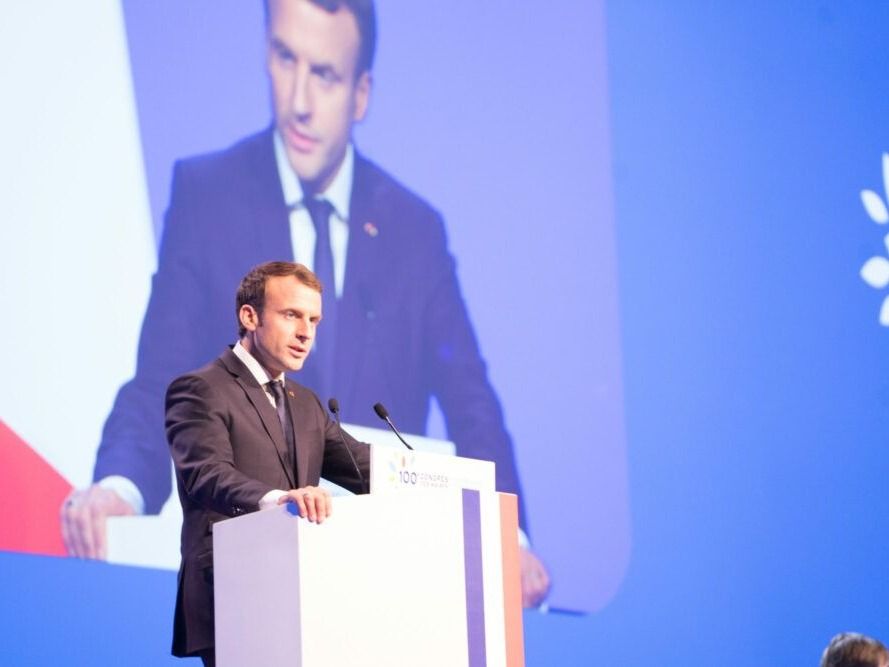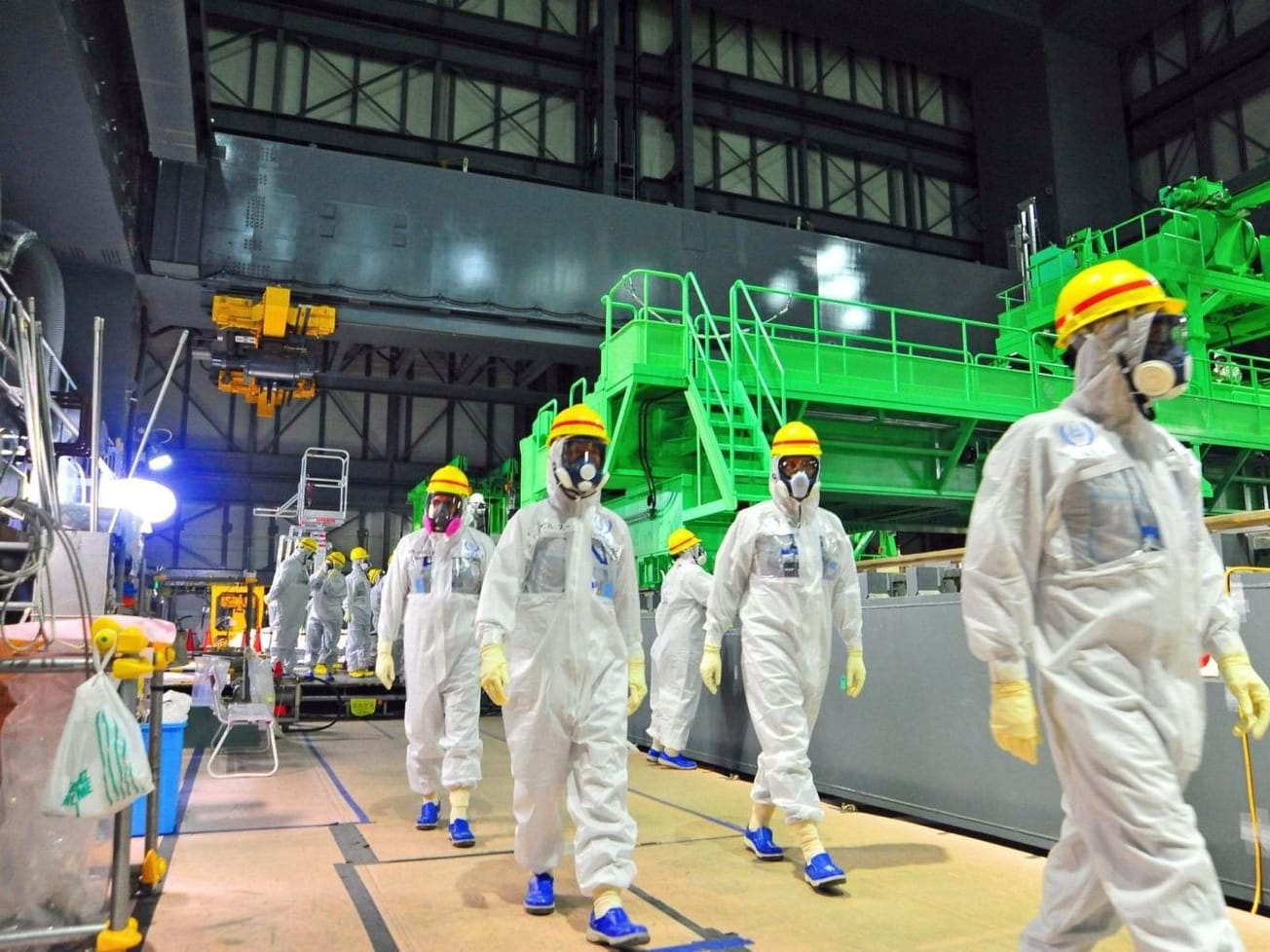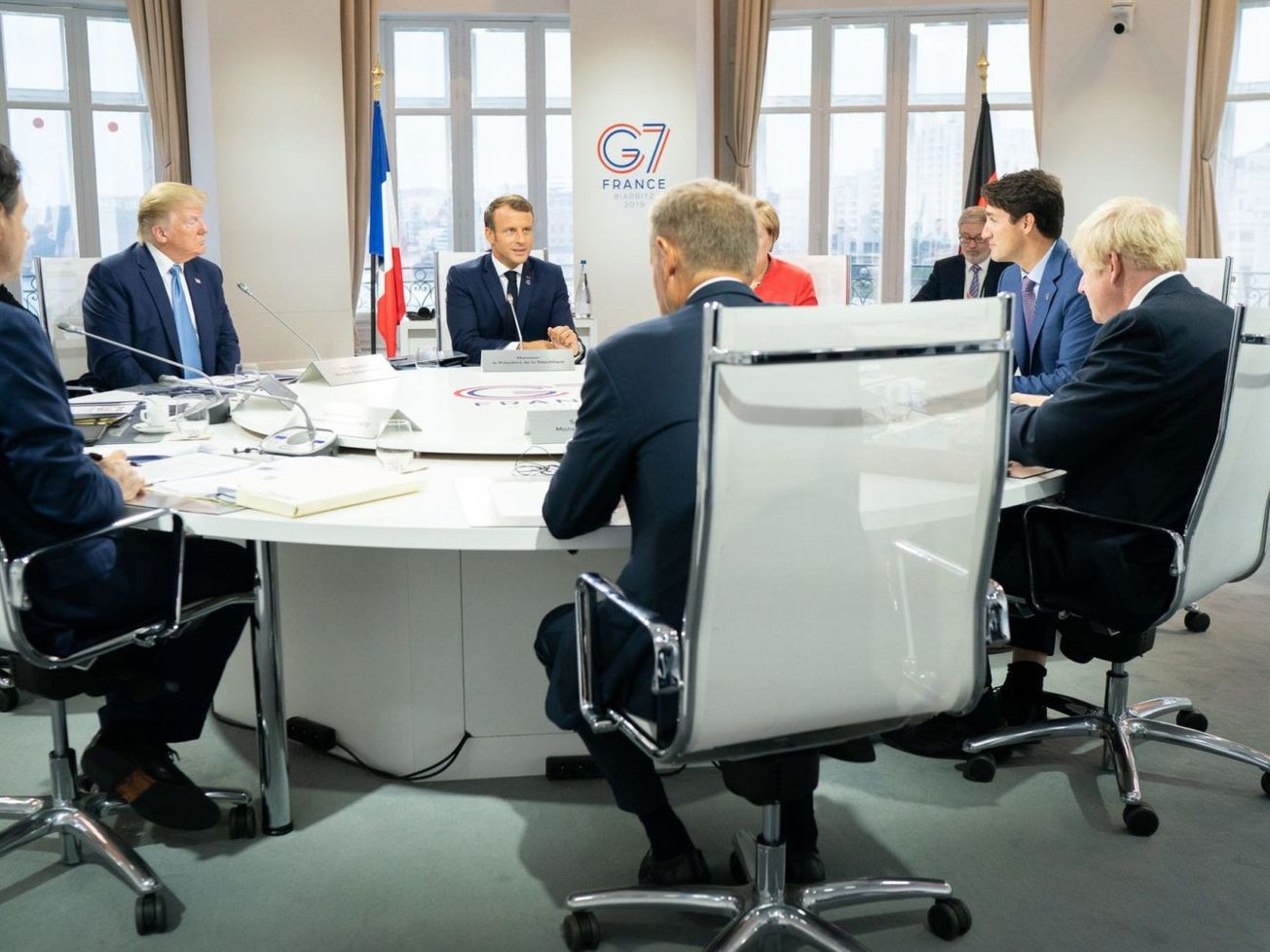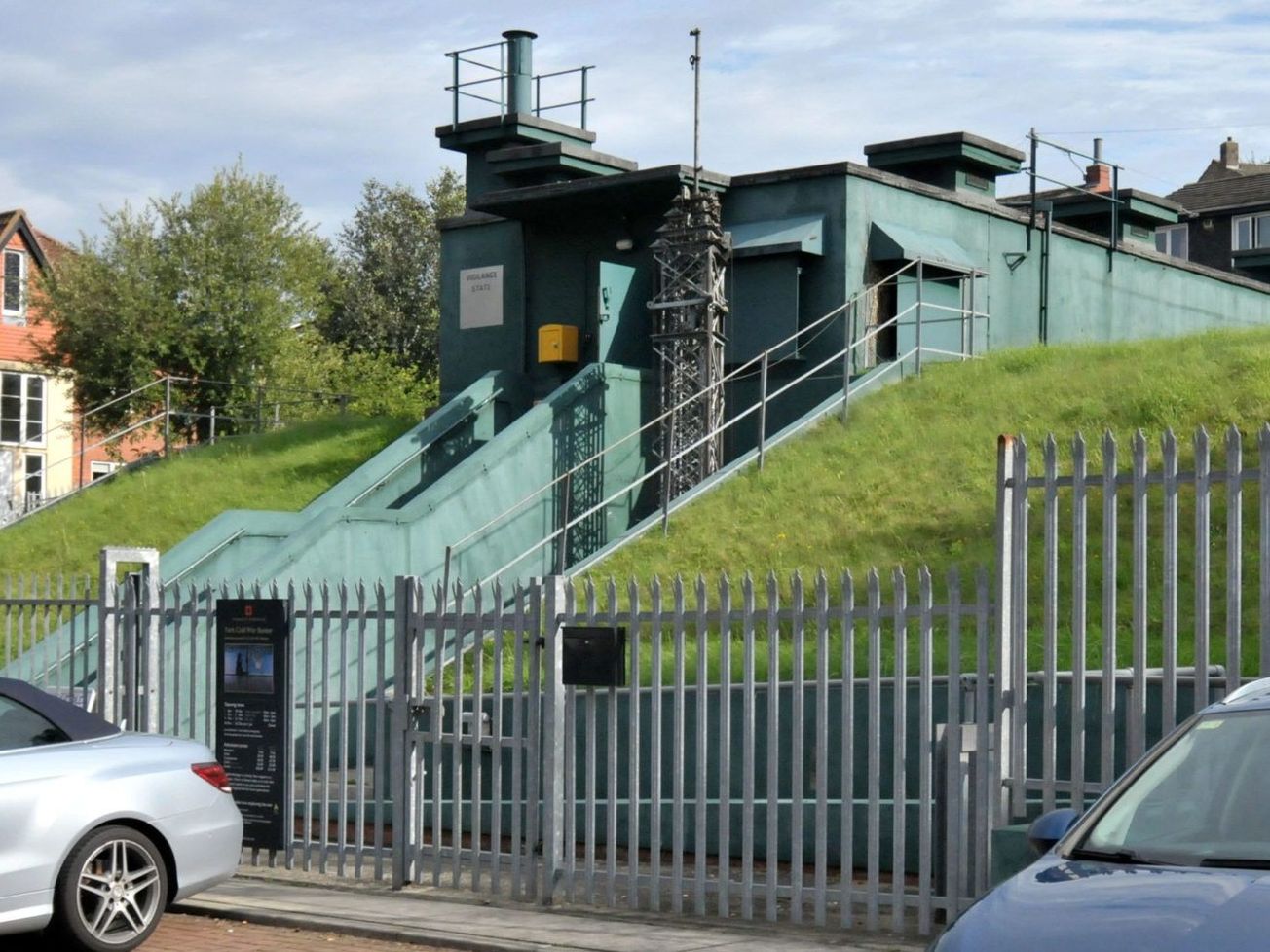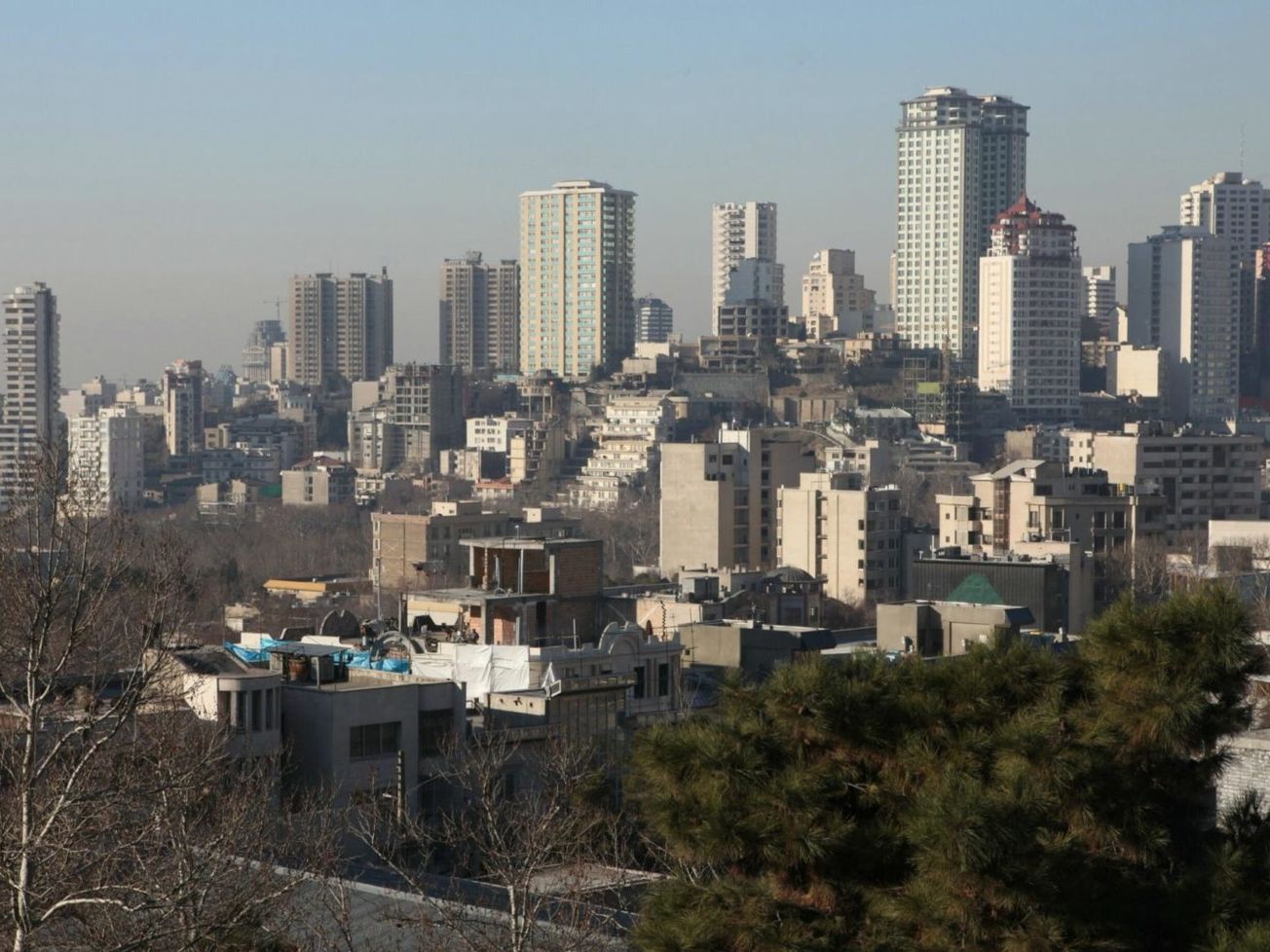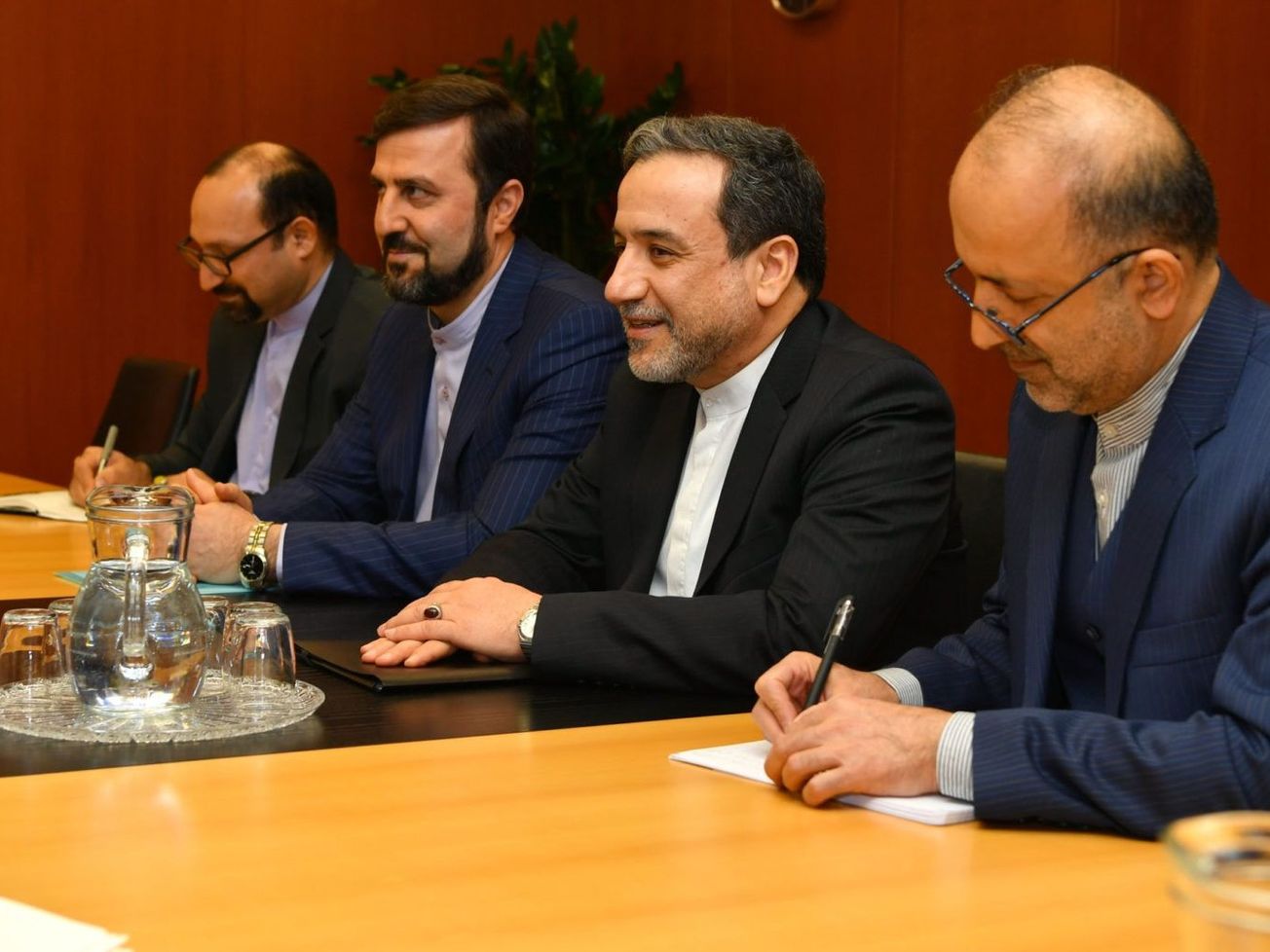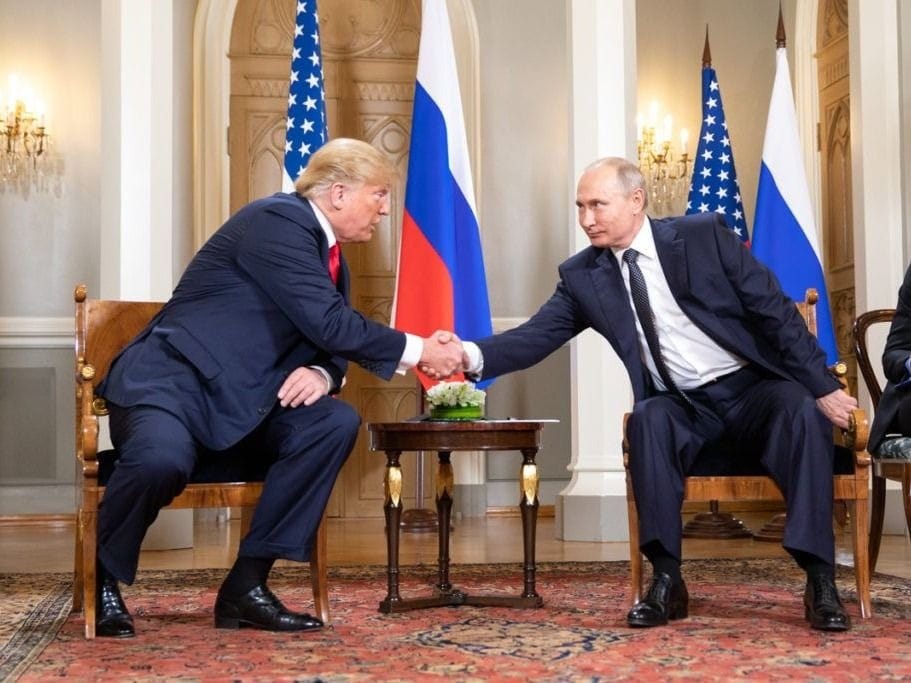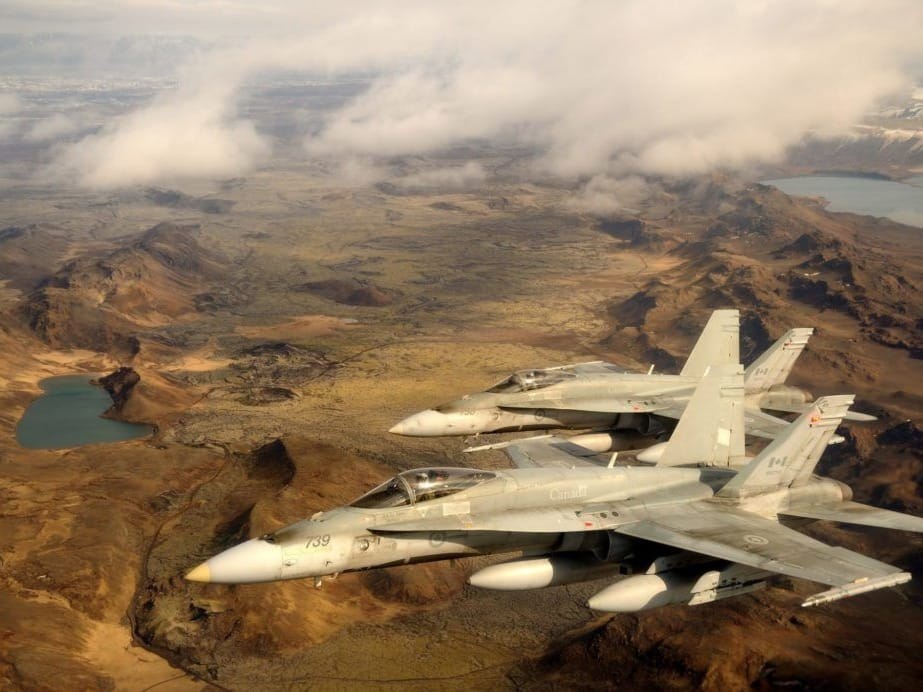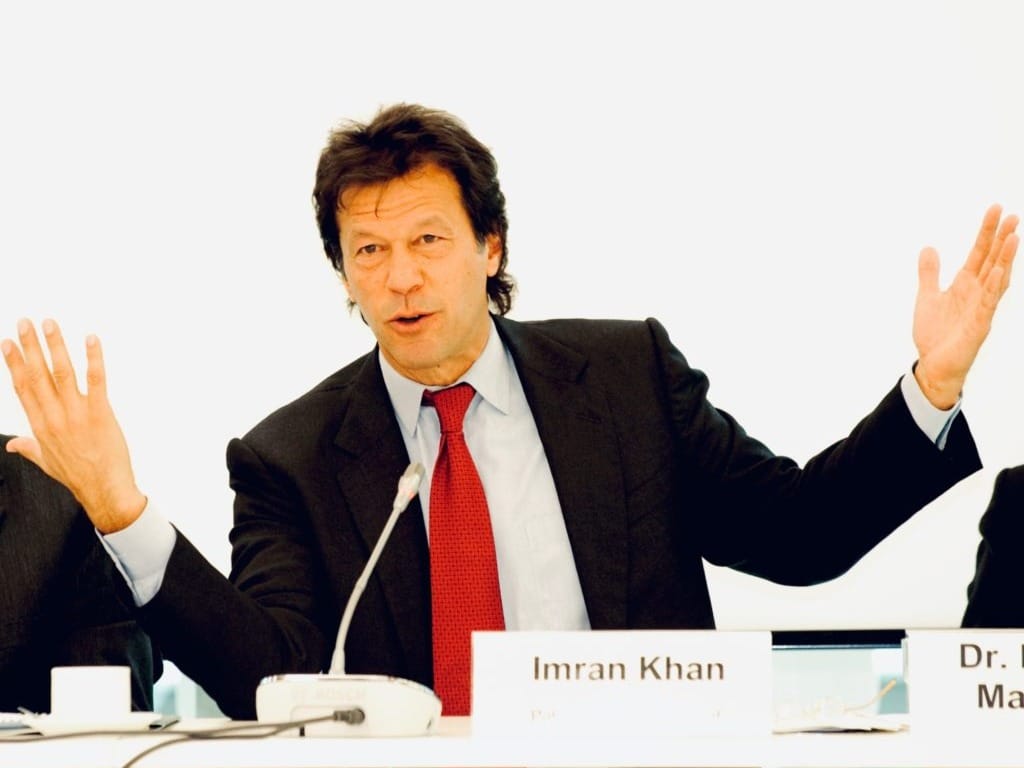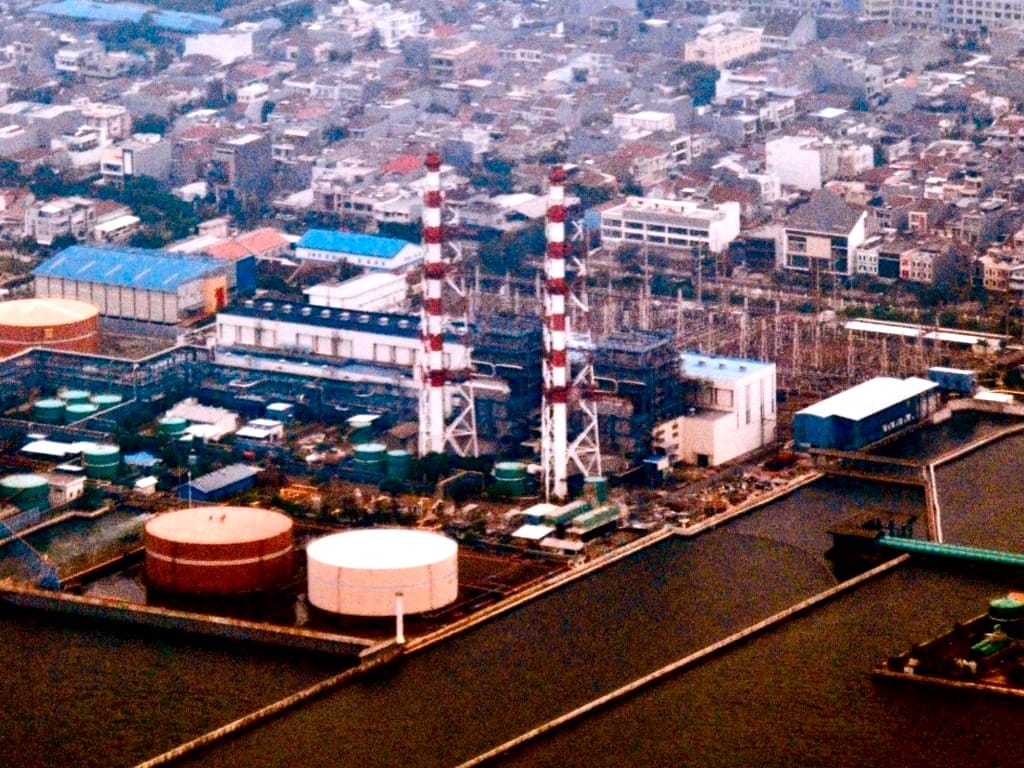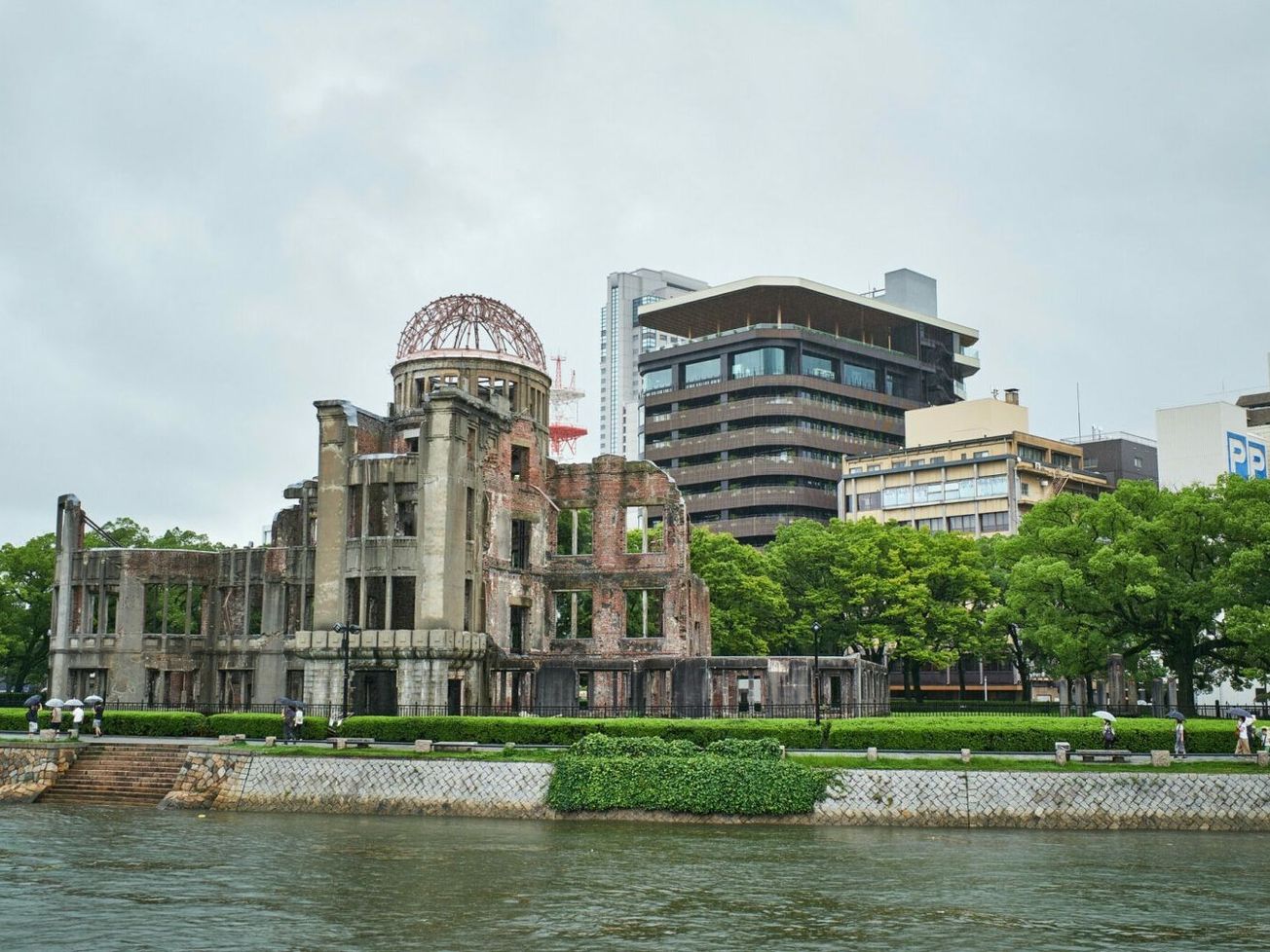
Nationalism rejected on 75th A-bomb anniversary
On the 75th anniversary of the first atomic bombing, Hiroshima's mayor called on world leaders to ban atomic weapons and boost international cooperation.
News and insights on nuclear security policy and weapons of mass destruction (nuclear, chemical and biological weapons), amid threats and risks ranging from Russia's war in Ukraine to North Korea's missile tests.

Already have an account? Log in
On the 75th anniversary of the first atomic bombing, Hiroshima's mayor called on world leaders to ban atomic weapons and boost international cooperation.
U.S.-Russia nuclear talks resumed after more than a year, despite unknown factors like China's non-participation and a U.S. presidential election.
Members of the international watchdog monitoring nuclear testing warned any U.S. demonstration nuclear test explosion would mperil global security.
The United States announced it is withdrawing from a treaty that permits mutual unarmed surveillance flights over 34 nations.
Iran violated its 2015 nuclear deal with world powers by nearly tripling its stockpile of enriched uranium since November, IAEA reported.
French President Emmanuel Macron put forward a new doctrine for France to lead the European Union in reducing the global threat of a nuclear arms race.
Japan strengthened inspections as part of efforts to improve regulation in the wake of the Fukushima Daichi accident.
Britain and France recommitted to the Iran nuclear deal despite the U.S. undermining it and Europeans triggering a process that may reimpose sanctions.
More than half of all people reaching adulthood in the early 21st century believe it more likely than not a nuclear attack will occur in the coming decade.
Iran announced it will no longer comply with most of the limits under the 2015 nuclear deal it signed with world powers, angrily reacting to a U.S. airstrike.
Britain, France and Germany demanded that Iran remain in the fraying 2015 nuclear deal, but did not press to reactivate U.N. sanctions against Iran.
Russian President Vladimir Putin offered to immediately renew the New START nuclear weapons treaty between his country and the U.S. It expires in 2021.
Argentina’s ambassador to Austria, Rafael Mariano Grossi, will head the Vienna-based International Atomic Energy Agency.
Four senior Democrats warned the Trump administration may exit a treaty for mutual unarmed surveillance over 34 nations.
Pakistan's prime minister took his nation's dispute over Jammu and Kashmir to the U.N. General Assembly, warning of a potential "bloodbath" in the region.
IAEA will collaborate with ASEAN's 10 nations on a framework for developing nuclear technology for peaceful purposes.
